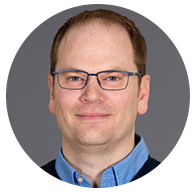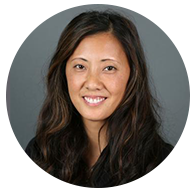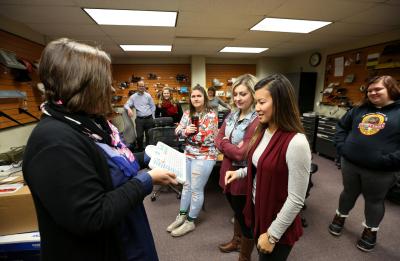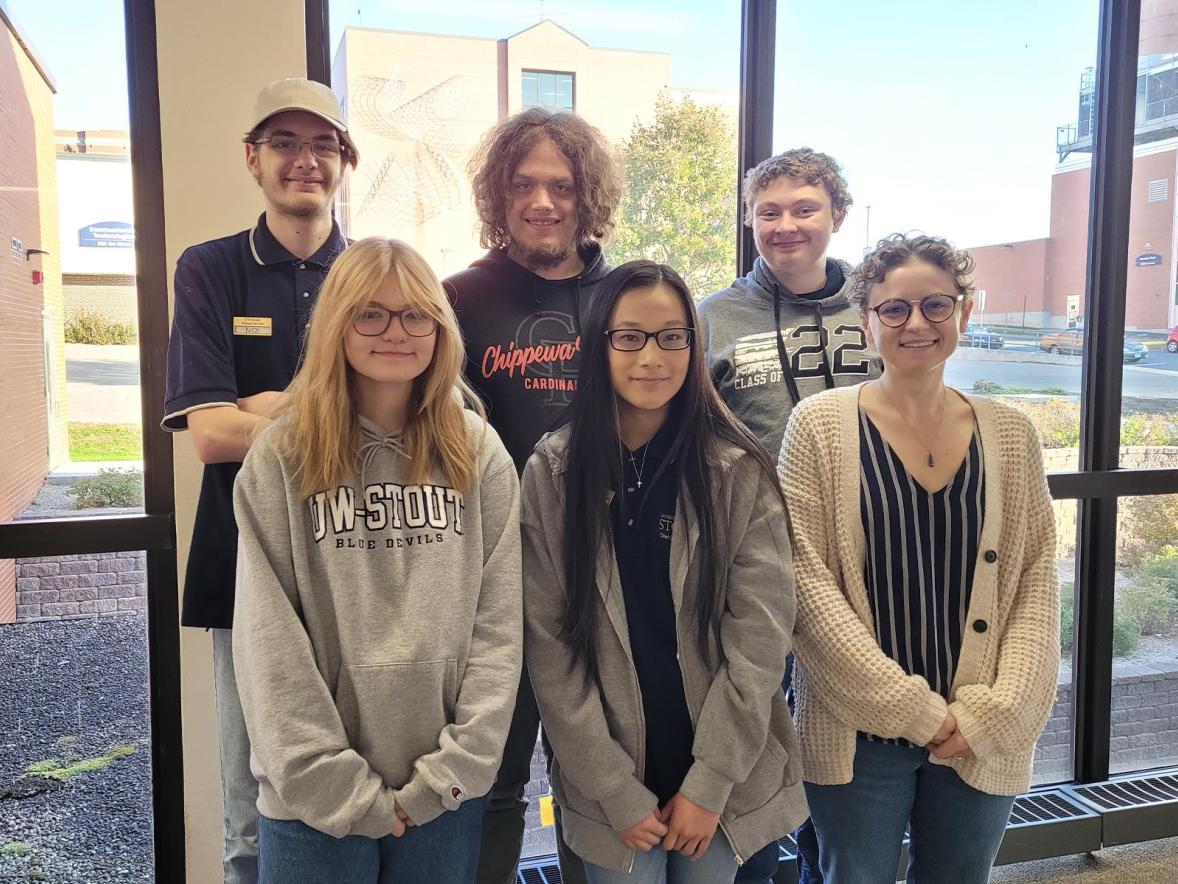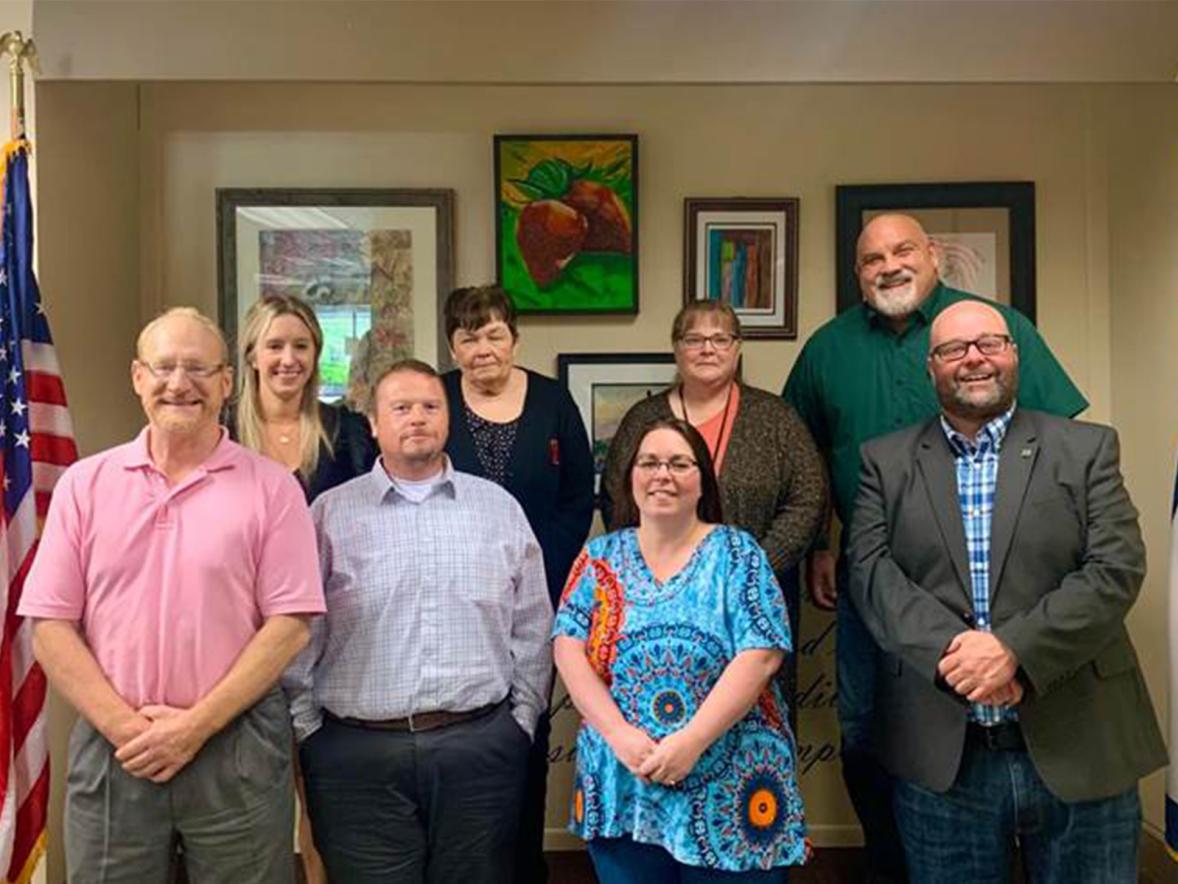Top 10 Best Rehabilitation Counseling Programs in the U.S.
UW-Stout's M.S. in Rehabilitation Counseling program is ranked in the Top 10 Best Rehabilitation Counseling Programs in the United States, as recognized by US News & World Report. Our commitment to excellence is further reflected in the achievements of our graduates, with 100% securing employment within six months of completing their degrees. Upon graduating from the program, you will be both eligible and well-prepared for the national Certified Rehabilitation Counselor (CRC) examination. Furthermore, our program provides a solid foundation for pursuing the Licensed Professional Counselor (LPC) credential in Wisconsin, with potential eligibility for comparable credentials in other states.






